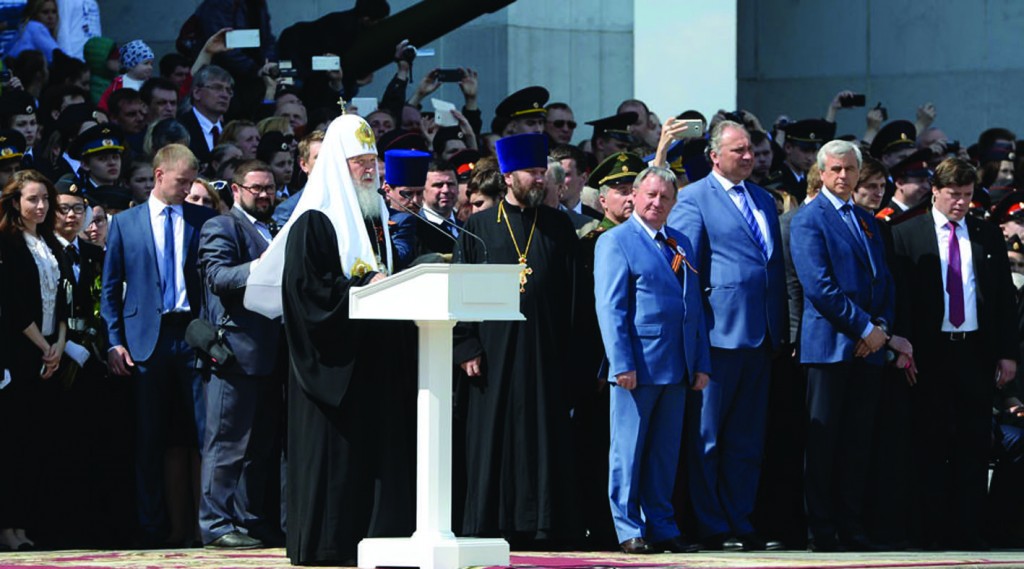
May 2016 – Patriarch Kirill of Moscow and All Russia, foreground, addresses the 2nd Moscow Cadet Parade dedicated to the 71st anniversary of the victory in the Great Patriotic War and the 75th anniversary of the Battle of Moscow (Iliya Pitalev / Sputnik)
Russian Orthodox Patriarch Declares Worldwide “Holy War” on Terrorism
The head of the Russian Orthodox Church has called the fight against terrorism a “holy war” and urged international unity and an abandoning of double standards to defeat this global evil.
“Today, when our warriors take part in combat operations in the Middle East, we know that this is not an aggression, occupation or an attempt to impose some ideology on other people; this has nothing to do with supporting certain governments,” Patriarch Kirill said as he led the Friday May 6 ceremony at the major Moscow memorial to those who fought in World War II. “This is the fight against the fearsome foe that is currently not only spreading evil through the Middle East but also threatening the whole of mankind.”
He added: “Today, we call this evil terrorism.”
The Patriarch also said that terrorists were targeting innocent civilians to intimidate their opponents and to crush any resistance to their doctrines, causing a great number of casualties and human suffering.
“This is why the war on terrorism today is the holy war today. I pray to God that people all over the world understand this and stop dividing terrorists into good and bad ones as well as connecting the war on terror with their own goals, that are often non-declared yet strongly present on the political agenda,” the leader of the Russian Orthodox Church said.
He also told Orthodox believers to pray for the Russian military to remain faithful to the spiritual course that only allows the use of armed forces against evil, for justice and to save human lives.
—RT
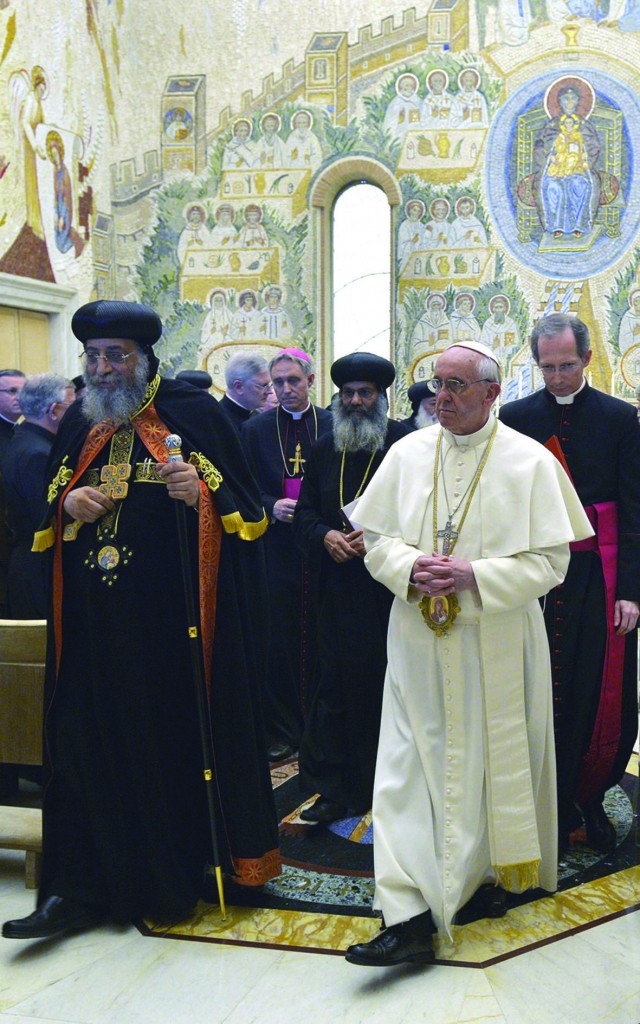
Pope Tawadros II of Alexandria, patriarch of the Coptic Orthodox Church, and Pope Francis arrive to pray in a chapel after a private audience in the pontiff’s library at the Vatican May 10, 2013 (CNS photo/Andreas Solaro, pool via Reuters)
We Have a Common Witness, Pope Francis Tells Coptic Orthodox Patriarch
Pope Francis sent a message to Tawadros II to mark the “day of friendship” between Catholics and the Coptic Orthodox, acknowledging their common commitment to being witnesses of holiness and defending the dignity of human life.
“Though we are still journeying towards the day when we will gather as one at the same eucharistic table, we are able even now to make visible the communion uniting us,” Pope Francis said in his May 10 letter to Pope Tawadros II of Alexandria, leader of the Coptic Orthodox Church. Like the Bishop of Rome, the Coptic Orthodox Patriarch of Alexandria is known as “Pope” to his followers.
Pope Francis’ message marked the third anniversary of his meeting with Tawadros in Rome; the day has become an annual celebration of fraternal love between the Catholic and Coptic Orthodox Churches.
“Copts and Catholics can witness together to important values such as the holiness and dignity of every human life, the sanctity of marriage and family life, and respect for the creation entrusted to us by God,” Pope Francis wrote.
—CNA
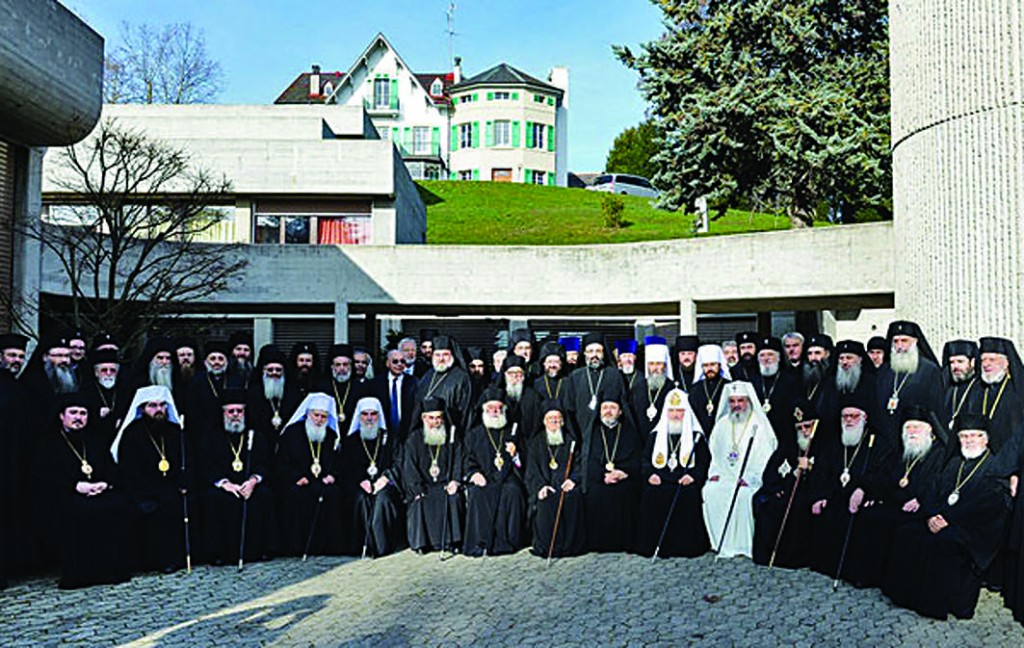
Patriarch Kirill with the Russian Orthodox delegation in Chambesy, Switzerland
Preparations for the Pan-Orthodox Council Continue
The Holy Synod of the Orthodox Patriarchate of Georgia met on May 25 to discuss further the proposed documents for the pan-Orthodox Council. The Synod had previously discussed the documents at its meeting on February 12.
The minutes, posted online, detail specific needed amendments to the documents on marriage and the Church’s mission in the modern world. With respect to the document on relations with the rest of the Christian world, the Synod makes no attempt to suggest specific amendments. Rather, the minutes state that the document contains “ecclesiological and terminological errors and needs serious reworking.” The minutes also state: “If these changes do not take place, the Church will not sign the text.”
On May 26, the bishops of the Orthodox Church of Greece concluded a special two-day meeting to discuss the documents. It appears that the assembled bishops made a substantial number of proposed amendments, but specific details are not given in the news release. It appears that the Standing Holy Synod of the Church of Greece will incorporate the proposed amendments into the texts, which will then be made public.
However, it has been reported by Amen.gr that one of the decisions made by the bishops of the Orthodox Church of Greece is that only the Orthodox constitute a “Church” and that Catholics and other Christians do not. Therefore, in the pan-Orthodox document devoted to relations to the rest of the Christian world, it is improper to use “Church” for such non-Orthodox and that the terms confession and community should be used instead. In contrast, the Catholic Church considers the Orthodox to constitute “Church” but considers various Protestants to be “ecclesial communities.” (See paragraph 17 of the declaration Dominus Iesus) It is certainly possible that conflicts between the various Local Orthodox Churches on the document devoted to relations to the rest of the Christian world will be so strong that no consensus will be reached on this document at the pan-Orthodox Council. Sadly, the Serbian bishops added a new “headache” for the pan-Orthodox Council.
In their official communiqué relating to the Assembly, the Serbian bishops stated that its jurisdictional dispute with the Romanian Patriarchate will be brought before the pan-Orthodox Council, and if the dispute is not resolved, the Serbian Patriarchate “will be forced to terminate liturgical and canonical communion with the Romanian Orthodox Church.”
Under the original plan for the pan-Orthodox Council, the texts of all of the various documents were to be agreed upon by the primates of the 14 Local Orthodox Churches at their meeting at Chambesy last January. These documents would then be submitted to the pan-Orthodox Council which could amend the submitted documents only with a complete consensus of all of the 14 Local Churches. It now appears that a great deal of work will need to be done within an extremely short period of time to arrive at a 100-percent consensus by the 14 Local Churches on the various texts. The primates will meet again on June 17, and the pan-Orthodox Council begins the next day. In addition, the jurisdictional dispute between the Patriarchates of Antioch and Jerusalem relating to Qatar still needs to be resolved.
—Peter Anderson, Seattle, USA

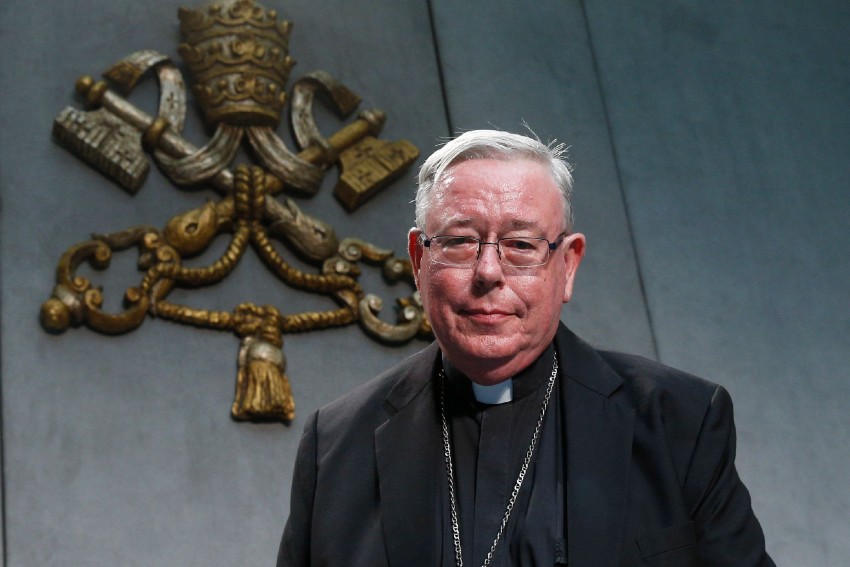
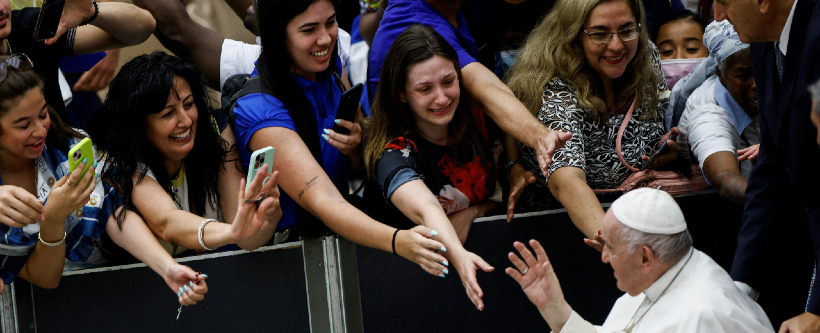
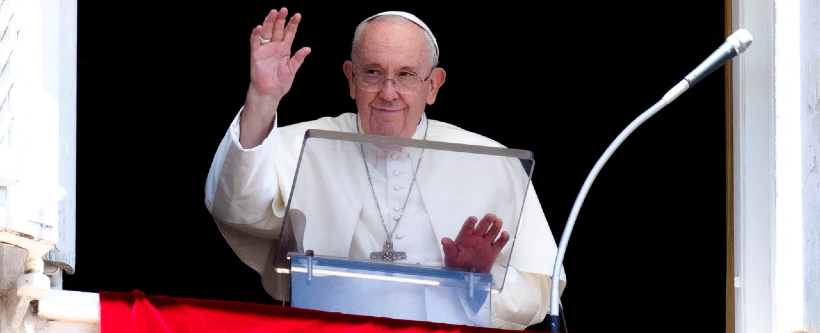
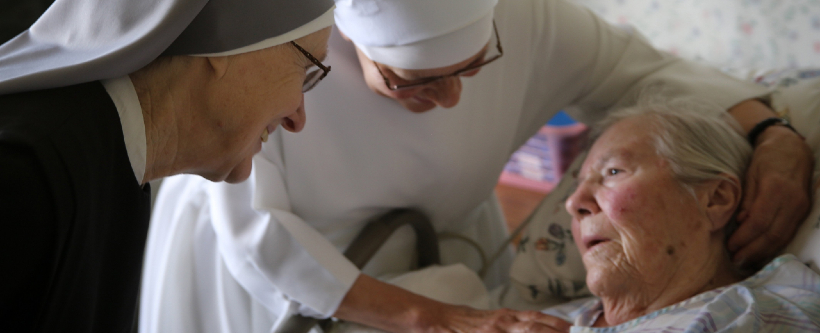
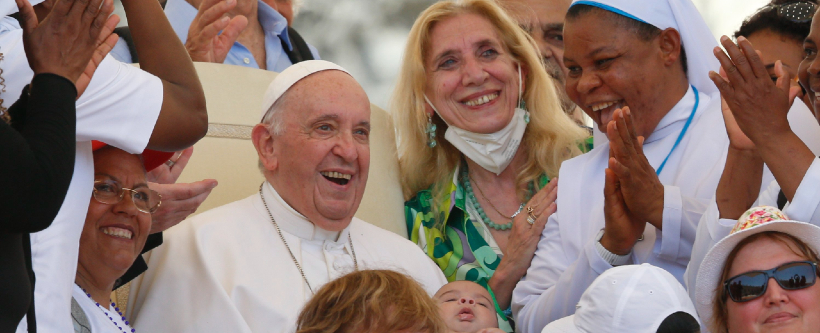
Facebook Comments